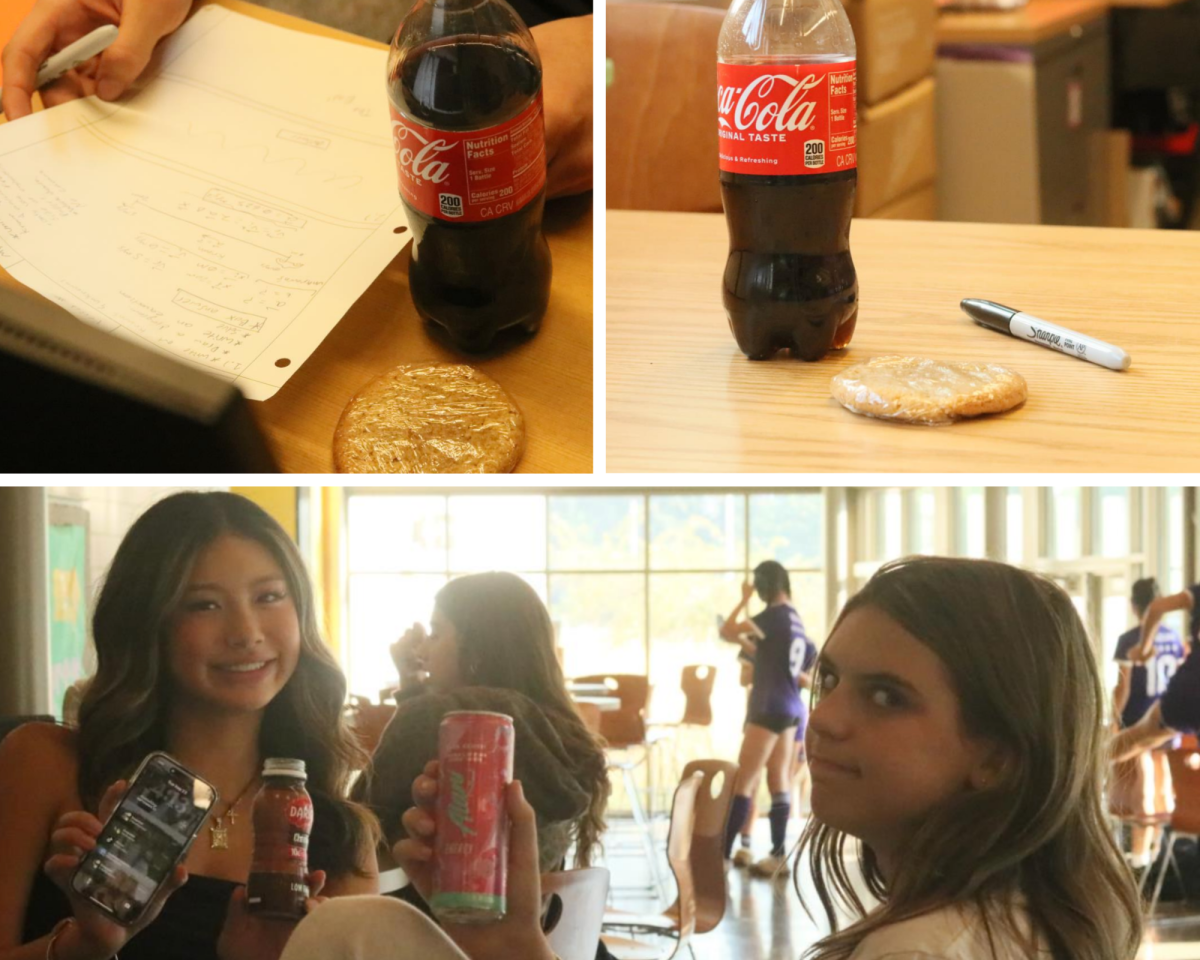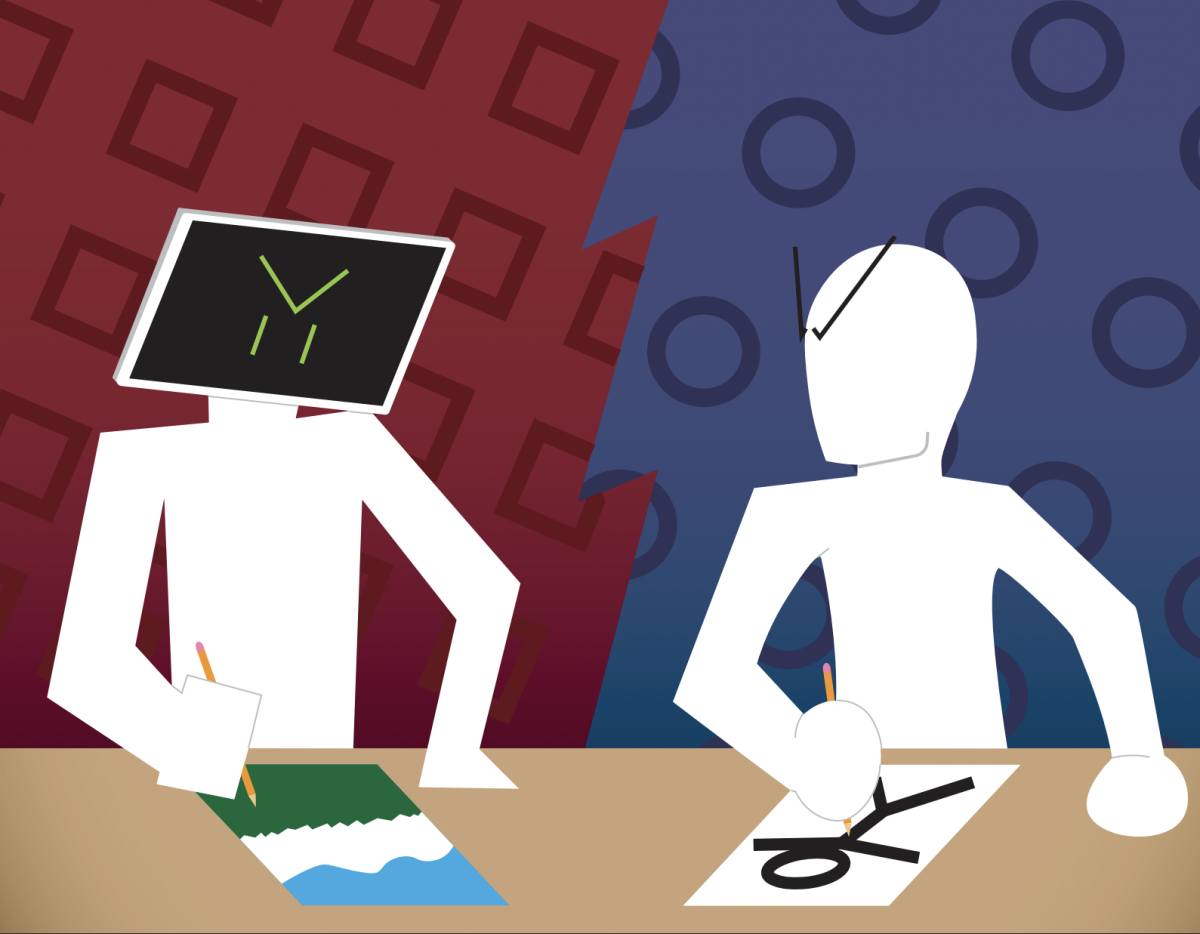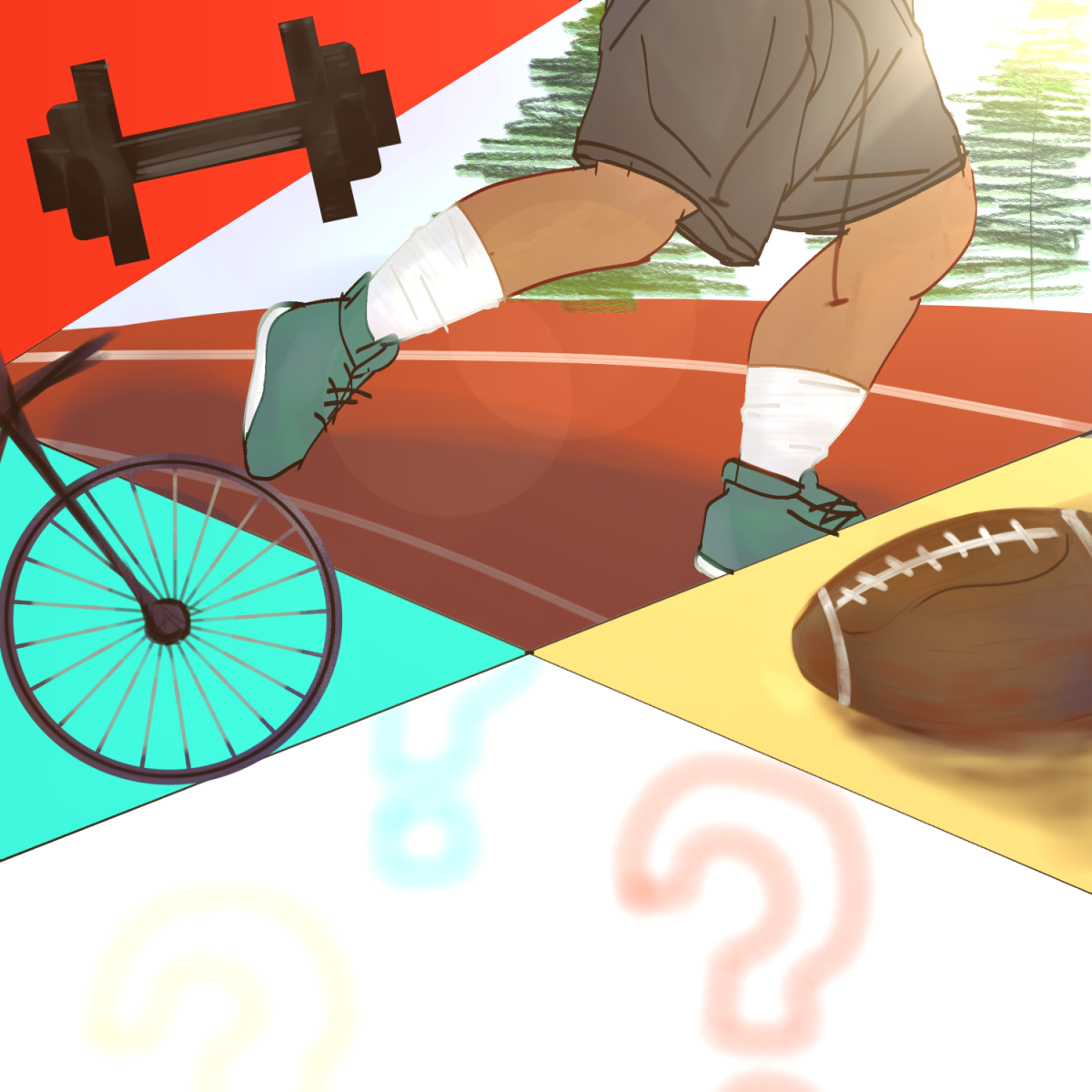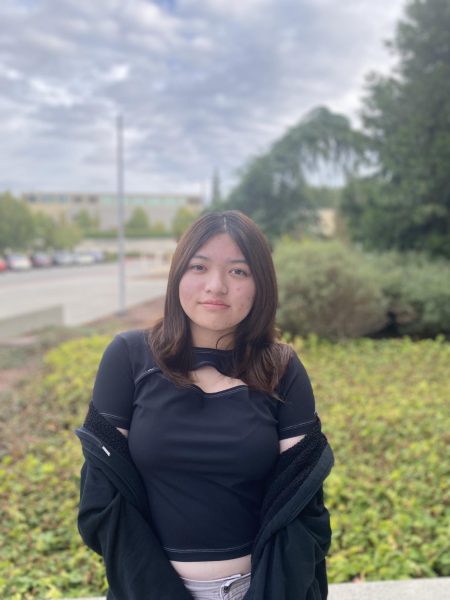A few weeks ago, I was scrolling on Instagram and found my explore page overwhelmed with tour posters of various artists from around the world. As an avid concert goer, I could not help but to scan all the information to see if these tours included Seattle and the general western Washington area. To my surprise, artists like Mitski, Janet Jackson, and The Wallows did not include a single stop around 206, let alone the Pacific Northwest. Since then, I have started to wonder what importance music has to such a diverse city like Seattle, and furthermore, why Seattle never gets the Los Angeles or New York treatment from such renowned artists when they decide to go on a tour.
When looking at the history of music in Seattle, one may say that the city has actually made quite the name for itself. For example, Seattle Met marks the first conductor and founder of the Seattle Civic Symphony, which made its first appearance in 1921, as a huge record setter in music, writing, “Madame Mary Davenport Engberg, a violin virtuoso who led the Seattle Civic Symphony […] was considered the only female conductor in the world.” Not only was Seattle the first internationally to have a female conductor, they also made many iconic themes and genres that music today continues to utilize. Seattle Met explains, “The Fabulous Wailers, a white Tacoma rock and roll band, turned the vocal progression—dun-dun-dun, dun-dun, dun-dun-dun—into a garage riff, and in 1961 their record made it to influential DJ Pat O’Day, who made it a regional staple.” Junior Grayson Janous also notes that “Seattle holds significance as the birthplace of grunge, a harsh subgenre of rock that was popularized by bands such as Nirvana and Pearl Jam.” Janous additionally points out the many artists that call Seattle their home, besides the aforementioned Nirvana and Pearl Jam: “The city is […] home to the greatest guitarist of all time, Jimi Hendrix, and other rock bands like Soundgarden and the Foo Fighters. Also Macklemore and Sir-Mix-A-Lot, who might not be as revered, but are still famous.” Artists like Lil Mosey, Jay Park, and UMI are also Seattle natives, and have successfully made their way through the Rap, K-Hip Hop, and R&B scenes respectively. On top of that all, the Hip-Hop community has become a fundamental part of Seattle as many note the various breakdance battles that have occurred during the past few decades. Sophomore Ian Pasag explains, “I think [Seattle] holds a lot [of significance in the music industry], especially in the breakdance community. My uncle is a DJ and DJed a lot back in the day [for battles].”
Despite the many notable names and sounds Seattle produced, the innovation in the city is believed to have died down since the 90s and early 2000s; about the time when many grunge bands, Sir-Mix-A-Lot, and Macklemore all found their brightest spotlights. While the Seattle Times notes that “2023 was a banner year for big-ticket concerts” with “Taylor Swift and Beyoncé taking their fervor-stoking tours through Seattle,” and throughout 2024, Olivia Rodrigo, The Rolling Stones, and Madonna making their way up to 206, the fact that other artists are not making the same moves as all these talents still stands. In 2019, I remember driving past the American and Canadian border to Vancouver to see Ariana Grande at the Rogers Arena and later flying to Pasadena, California, to see BTS at the Rose Bowl Stadium. While the ventures were fun, many people including myself were spending more money than needed to just experience some live music. This conclusively proposes one large question: Why would artists not respond to heavy demand in certain areas? If Vancouver is an option, then why not Seattle? The Seattle Times interviewed the Northwest president of LiveNation Jeff Trisler on this matter to get answers to fans’ questions. In an email, Trisler explained that “geography sometimes plays a role in such decisions. ‘Unlike the East/South/Midwest/Southwest, there are not a lot of major cities nearby to route to go along with Seattle.’” Soundcharts blog also points out that “the initial tour planning is usually done around priority shows, like major city performances or music festivals, while the rest of the route is defined in broad strokes.” However, this feels incredibly unfair to both new and old fans of the music industry in Seattle, along with those who helped create Seattle’s name in music. As senior Malaya Nonog Ignacio puts it, “Seattle is known for its progressiveness when regarding almost everything, and music is entirely included in that. The diverse music scene that often gets overlooked has inspired the emerging artists we now recognize as famous today. Without Seattle’s diversity, inclusivity, support, and appreciation of the arts, I don’t think the music scene as we know it locally would be the same as it is today.”
Music has become such an essential part to many across multiple generations. Freshman Aahana Monga explains music’s importance to her and says, “During the pandemic, music was a very big thing for people which created a strong bond between music and our generation. Everyone was going through a tough time, and artists were releasing albums that were about that […] I believe a lot of people [from our generation] relate to the music, the lyrics, and tend to create the bonds through their interpretation of the music.” To let such a passionate love for music die out in a time where the city needs it the most will only continue to push a disappointing agenda for Seattle in music. In order to truly reel in more spots for Seattle in all the upcoming tours, it is important to keep showing your favorite artists some loud love and remind the world of Seattle’s mark in this industry – fight for the music and Seattle’s artistry!






